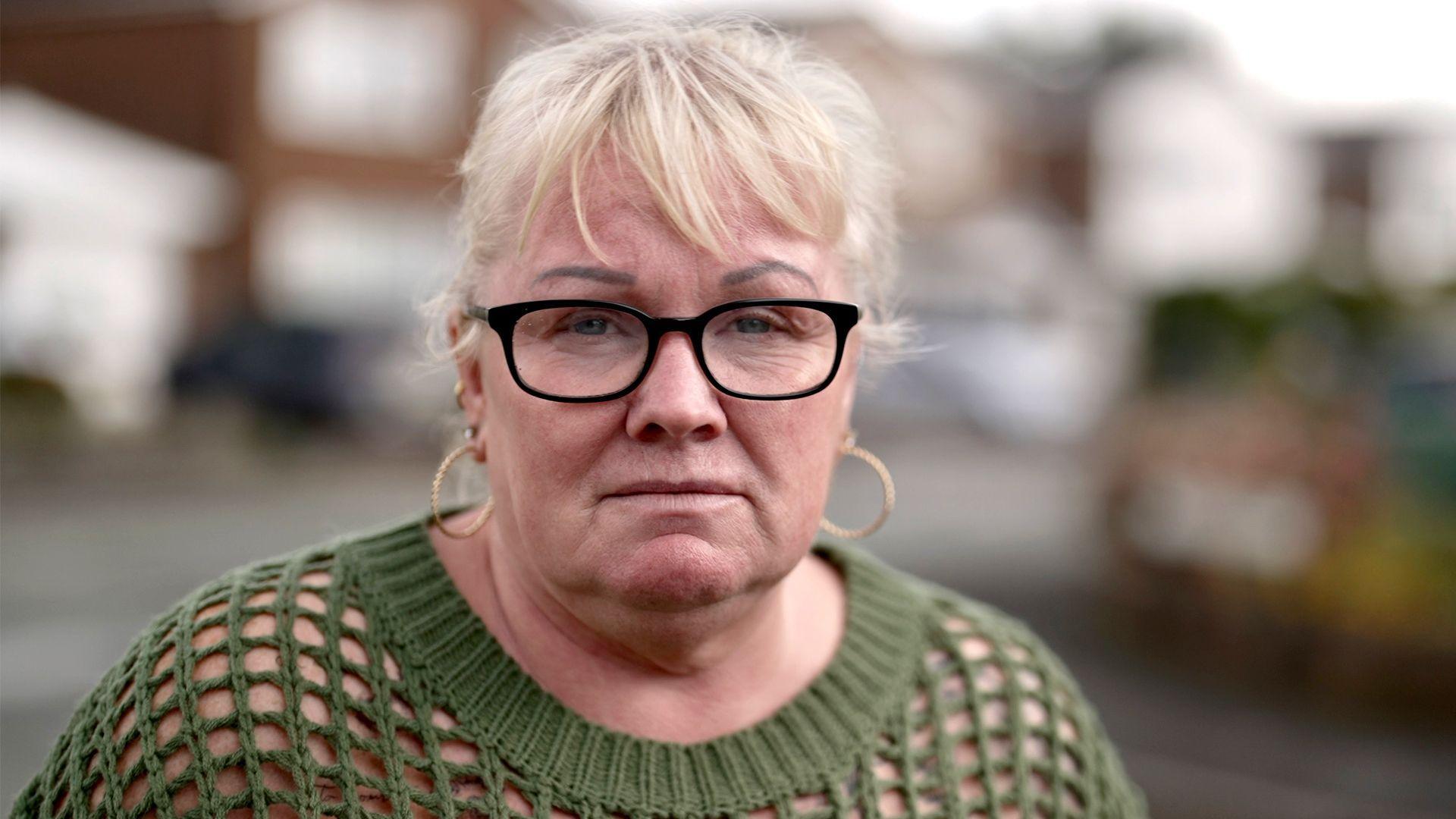Council loses fight over asylum seeker housing

Coventry City Council took the action after a decision to use a hotel in the city
- Published
A council has lost a legal fight against a Home Office decision to house more asylum seekers in Coventry.
Coventry City Council said it was "proud" of voluntarily housing asylum seekers, but it brought the High Court legal action amid claims the number of migrants accommodated in the city was "excessive".
Lawyers for the council said Home Office failures to reduce the number of asylum seekers housed in the city more quickly and the placement of further asylum seekers were "unlawful".
The council took action after the Home Office decided on 12 November 2024 to use an Ibis Hotel to house asylum seekers, but Mr Justice Eyre dismissed the claim.
In a ruling, the judge said: "The defendant accepts that the number of asylum seekers accommodated in Coventry should be reduced.
"She contends that she is moving to implement a policy under which asylum seekers are accommodated more widely throughout the UK, but she denies that there is any unlawfulness in the action she has taken."
He said the Home Office had sought to reduce the number of asylum seekers in Coventry, but there was a statutory duty to house them.
Mr Justice Eyre added: "She [the home secretary] also says that the need to provide such accommodation can arise at short notice and, on occasion, the circumstances will be such that the location of the accommodation to be used can carry little weight."
'Limited availability'
The judge said the council was willing to play its part in meeting asylum seeker needs, but was concerned about "bearing more than its fair share".
He said the authority was "motivated by a concern to ensure that the burden of accommodating asylum seekers is shared more widely across the country".
The council argued the government had agreed not to procure accommodation for asylum seekers in excess of a ratio of one asylum seeker per 200 residents, and it would not procure new accommodation while those figures were exceeded.
Mr Justice Eyre rejected this and said figures were planning tools and not limits.
Council lawyers also argued it was irrational to accommodate asylum seekers in excess of the ratio.
The judge said the actions were rational given the statutory duty to house asylum seekers, the unpredictable and urgent nature of asylum accommodation needs, and the limited availability of accommodation.
Get in touch
Tell us which stories we should cover in Warwickshire
Follow BBC Coventry & Warwickshire on BBC Sounds, Facebook, external, X, external and Instagram, external.
- Published28 October

- Published23 November 2024


